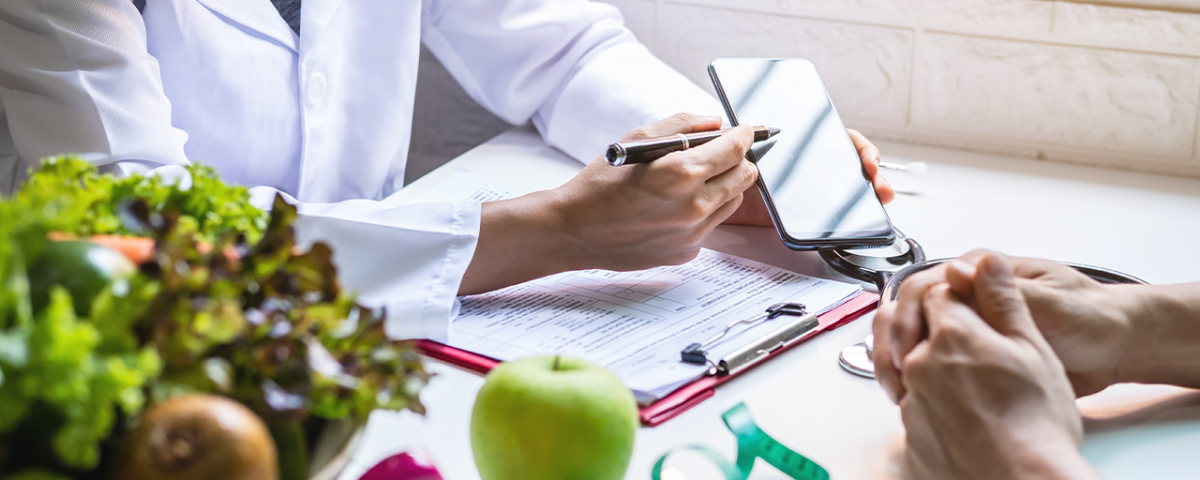People who overthink most foods, are extremely picky, or worry about what is consumed, usually have a food anxiety disorder. Now, being aware and cautious about what you are fueling your body with is one thing, but avoiding most foods or skipping meals raises serious health risks. Individuals may be overly sensitive to the texture, smell, and appearance of certain foods, not just concerned with the nutritional aspect. They may have fears of choking or intensely disliking a particular food, causing a reluctance to eat.
Anxiety and Eating
Anxiety eating typically stems from a person choosing to live a wonderful and healthy lifestyle but becomes fixated on consuming only nutritious foods, leading to limitations. A person struggling with body image or is fearful of gaining weight or losing their figure will tend to eat less or skip meals. If a person is showing signs of eating anxiety, it is best to seek help or talk to them about what they are observing.
Some food anxiety symptoms include:
- Dramatic restriction of food or types of food
- Lack of appetite or interest in food
- Picky eating that gets worse over time
- Obsession with weight or body image
- Rapid breathing
- Shakiness or clamminess
- Churning or butterflies in the stomach
If a person continues to be anxious to eat and avoids consuming nutrients the body needs, then symptoms can include fainting, irritability or mood change, significant and unhealthy weight loss, and difficulty remaining focused. A person struggling with food anxiety disorder can lose motivation to finish goals or simple tasks and refrain from living a productive life.
Food Anxiety and Body Image
Anxiety eating disorders linked to body image dysmorphia or fear of weight gain can result in an over-restrictive diet. In most cases, early childhood trauma increases the chance of a food anxiety disorder. If someone has experienced bullying or constant negative comments about their body, eating less seems like a solution. Of course, social media and influencers cause major self-body reflection and even disgust against personal appearance. The standards for beauty are constantly changing, but a tiny waist and a flat tummy are always trending. Pressure to look like models or celebrities continues to affect how people, especially young impressionable minds, think about themselves.
Unrealistic expectations cause people to go to extremes, such as restricting their calorie intake while working out frequently. Picky eating causes malnutrition and rapid weight loss, affecting the gut, digestive system, brain, and behavior. A person may need to seek eating disorder support in these particular cases. It is not a wise decision to skip meals, but instead, enjoy learning about nutrition and add in a few cheat meals to enjoy!
What to Work On to Overcome Food Anxiety Disorder
A person battling eating and anxiety should become aware of their surroundings and self triggers. Avoid negative self-talk or those voices in your head telling you that a portion of the particular food will cause you to gain a ton of weight or cause illness. Personality traits like perfectionism and impulsiveness can also cause a person to eat less. It is helpful to keep “food for thought” journals which should be used to track how you feel after eating. Not all foods may make you feel good but may rather make you feel bloated or heavy. It is essential to realize it is okay to have preferences but not restrict yourself from proper care and nutrition.
Help at Banyan Treatment Center Philadelphia
At Banyan Philadelphia, our medical staff is prepared to help those struggling with food anxiety by offering eating disorder treatment. We understand the struggles the disorder gives to the person fighting it and to those surrounding the patient, as it is never easy to watch a loved one restrict nutritional-based foods. Also, we provide other unique therapeutic methods like holistic treatment.
If you or a loved one is seeking professional help, call the Philadelphia addiction rehab at 888-280-4763 and ask about our levels of eating disorder treatment programs. Don’t wait to recover and regain control over your life today!
Related Reading:









